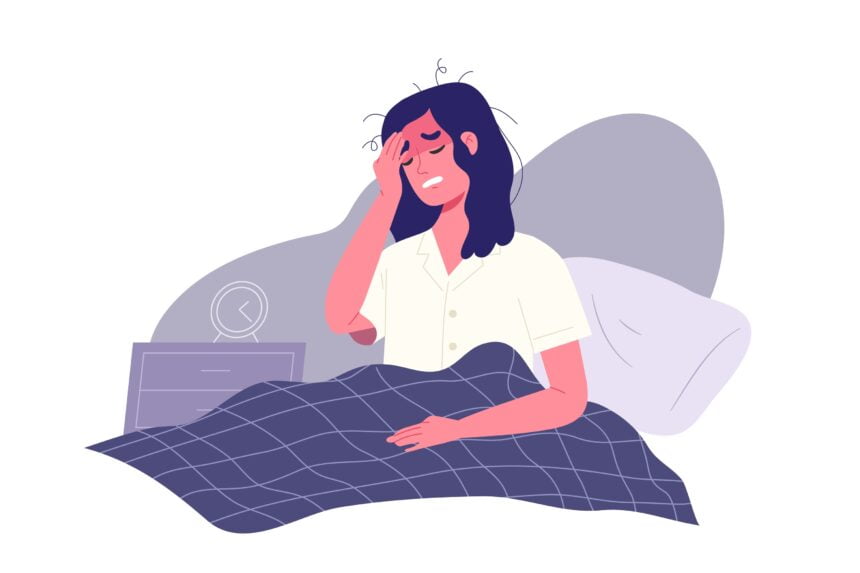Homeownership is the true American dream on so many levels.
From having a stable house to live into stabilizing your rent by paying a mortgage instead and gaining long-term equity that sets you up for financial independence in retirement years, owning a home provides security for you and your family.
And as time goes on, your home will appreciate while decreasing the amount you owe. The difference between what you owe and the value is known as equity, which is a fancy way of saying profit on the home.
How you bought your house can be a unique story for you and your family. Perhaps you had a loved one pass away and used the life insurance as an opportunity to purchase a home. Or maybe you bought a house because you have a child with disabilities that need a single-story home.
Or you found a first-time buyer program that helped you get a part of the American dream.
Sometimes, however, you may need to find ways to cash in on your home’s equity before you’re ready.
There are plenty of reasons why people may need to cash in on the equity of their home before they’re ready to retire, and the most common causes include the following;
- Old age
- Child or loved one with disabilities
- Lost job or financial hardship
- Medical emergency
These challenges affect more people than you know. In a recent Monmouth University survey, nearly half of all Americans claim to be in financial hardship, making basic necessities like food, gas, and rent challenging to cover.
The stress of financial hardship can also impact our health and mental well-being and affect our behaviors.
The scary part of stress is that it can have such a detrimental effect on the body, and you may not realize it.
Symptoms of stress can give you health issues ranging from headaches, muscle soreness, chest pain, fatigue, upset stomachs, change in sex drive, and sleep issues.
It can also profoundly impact your moods, from increased anxiety to restlessness, lack of focus or motivation, overwhelming feelings, irritability, anger, sadness, and depression.
As those issues aren’t enough, your behavior changes as well. For example, people under stress can become isolated and withdrawn, they tend to exercise less, self-medication through alcohol or drugs can occur, and mood changes are common.
Suppose sudden financial hardship is a challenge you are facing. In that case, if you’re considering how to get the equity out of your home to tackle some of the uncertainty, there are legitimate ways to get the equity out of your home that doesn’t involve selling.
The Three Main Ways To Get Equity Out Of Your Home
There are plenty of ways that homeowners can take equity out of their homes without selling outright. Needs may be for a family emergency, getting money to remodel, or whatever the reason. After that, it’s your equity to use how you wish.
Home Equity Loans
A home equity loan is a second mortgage for a fixed amount over a set period of years, such as 15 years. Home equity loans are amortized, much like your initial mortgage, which mirrors traditional mortgage loans.
HELOCs
HELOCs stands for Home Equity Line Of Credit. This type of loan is a second mortgage with a revolving balance. You borrow what you need, pay it off, and may borrow again. It works similarly to a credit card but with lower interest rates, and your payment is based on the amount of credit that you use rather than the total loan amount available.
Cash-Out Refinance
A cash-out refinance loan differs from the first two options. With a cash-out refinance loan, you refinance your home at a larger amount than the original mortgage, taking cash out as the difference.
Key Takeaways
If you’re in a severe financial bind and you’re one of the 65% of Americans that own a home, there are options available to you to get cash without having to sell your home.
Depending on the circumstance, your credit score, and the amount of equity in your home, either cashing out through refinance or taking a second loan can help you through those tough times.

